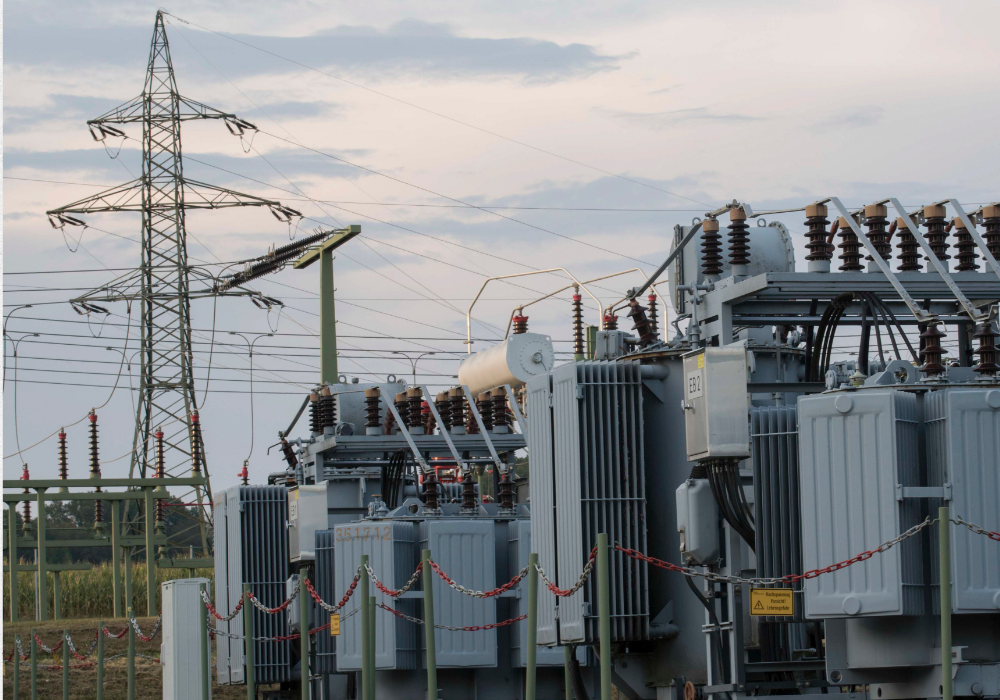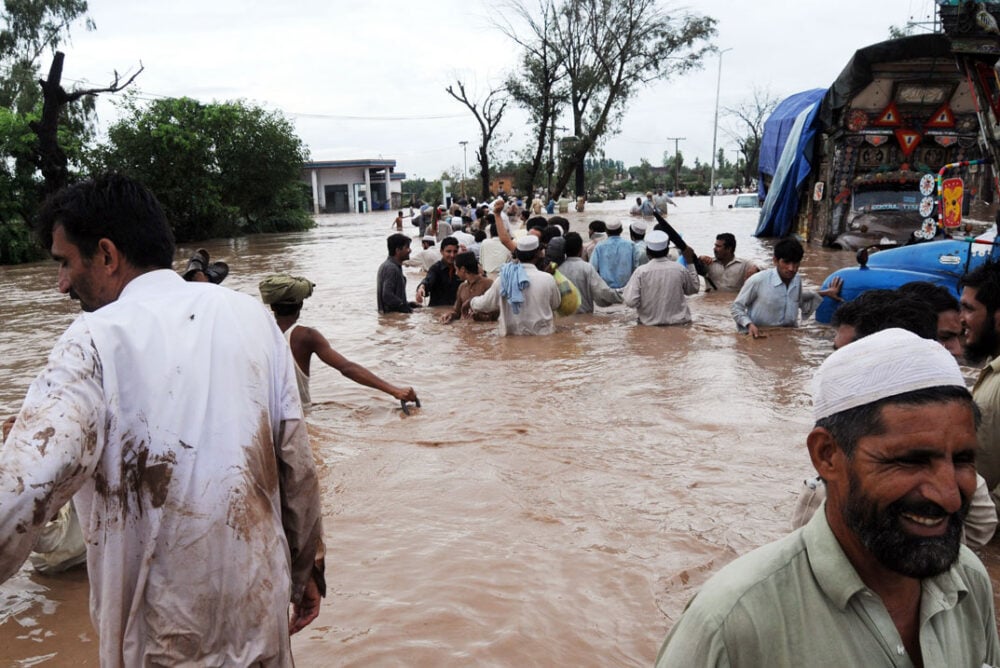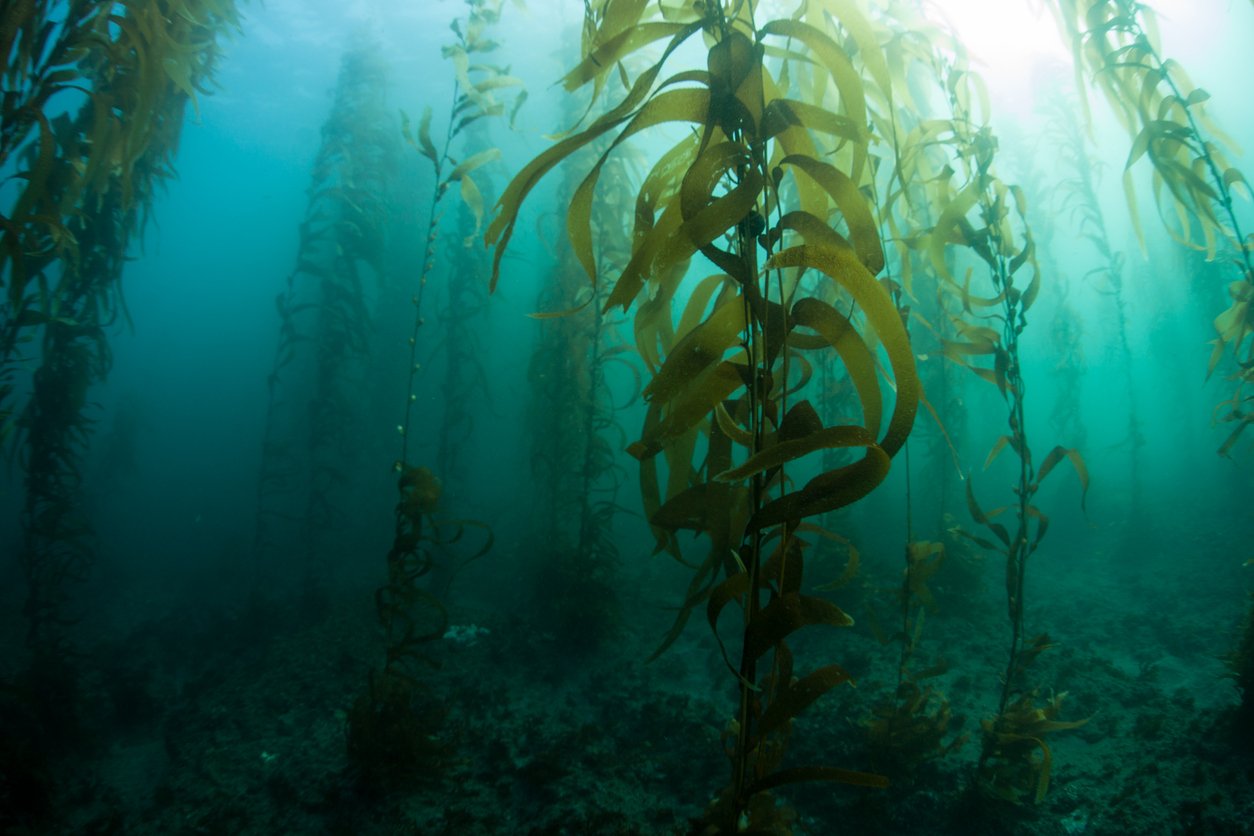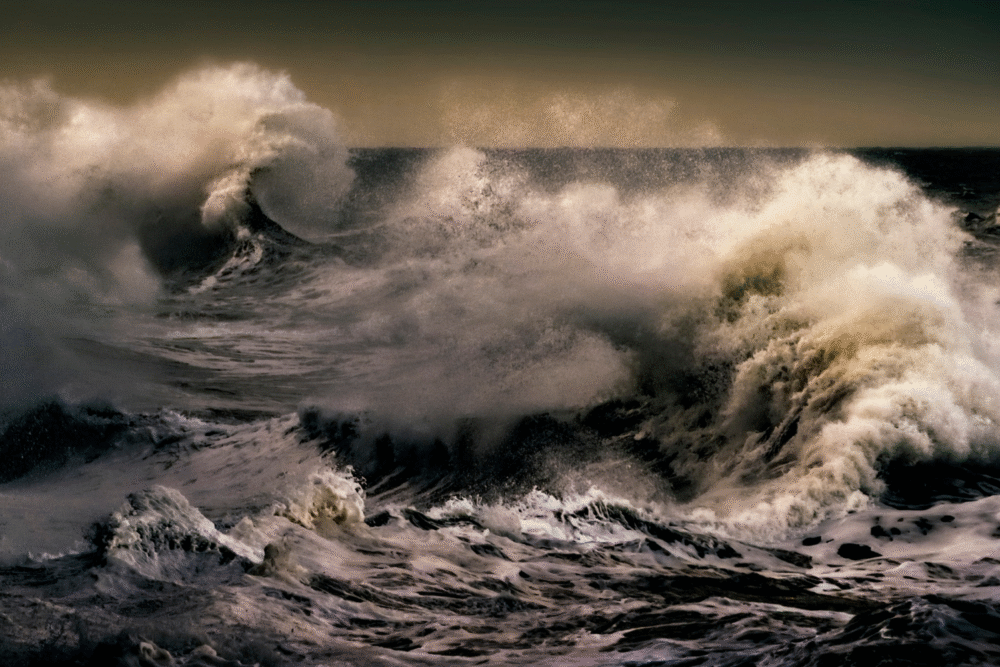Rising heat is driving some animals to become more aggressive as stress and resources run low.

Animals respond to environmental changes in diverse ways, with some species showing increased aggression as temperatures rise. This behavior is linked to thermal stress, resource competition, and altered social dynamics. Understanding these patterns helps clarify how climate impacts wildlife behavior, emphasizing species-specific responses rather than simple cause-and-effect relationships. Insights from NOAA, USGS, and Smithsonian research illustrate these complex interactions between heat and animal aggression.








